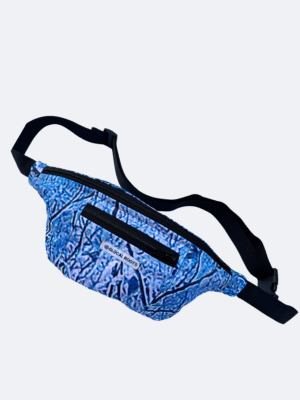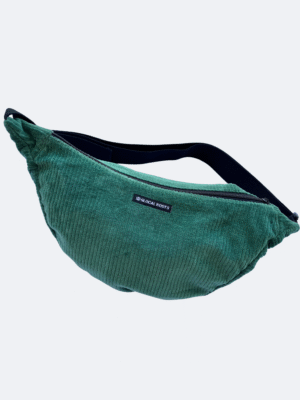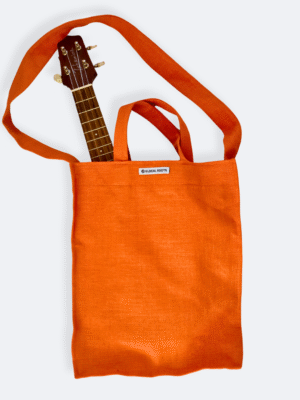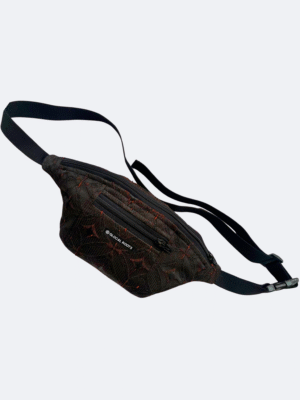Glocal Insight
The Hidden Crisis: Sexual and Reproductive Health in Displacement
When thinking about people on the move and the challenges they encounter, it is easy to picture the most visible struggles: lack of food and safety; the dangers of human trafficking and the risks of border crossing. Yet, behind these images lie another crisis that often remains overlooked: the specific risks faced by women. During displacement, women’s sexual health and reproductive rights (SRHR) are rarely protected, leaving them exposed to infections, violence and unwanted pregnancies.
SRHR are recognised as fundamental rights, they enable individuals’ freedom over decisions regarding their bodies, and sexuality. They are part of the Sustainable Development Goals (SDGs), demonstrating their link to broader development outcomes, including gender equality, education and economic opportunities (UNFPA, 2019) . They encompass a broad number of services, including access to contraception, maternal health, fertility and infertility care, and prevention and treatment of sexually transmitted infections (STIs). Yet, despite SRHR positive effects having been widely shown, they still face resistance worldwide, and they often fail to receive the attention they deserve. This global neglect becomes even more visible in contexts of displacement, where poor living conditions, such as limited hygiene, scarce clean water, and the lack of sanitary pads and contraception, make women especially vulnerable.
“I remember a woman once told me she had used a plastic bag to manage her period because she just arrived at the camp and she had no other options,” recalled Melissa, the founder of Pads4Refugees. At the time she was volunteering in Serres refugee camp, in the north of Greece, where she witnessed firsthand the severe lack of services available to women, including the lack of access to clean water, sanitation and privacy. This experience led her to research menstrual health conditions in refugee camps more deeply. Realising the urgency of the issue, she decided to launch Pads4Refugees to provide high-quality menstrual products and help to restore dignity to displaced women. Thanks to our partnership with Pads4Refugees we are able to distribute thousands of pads every month to the women that come and visit our centre in Athens.
The absence of attention and of a comprehensive humanitarian response targeting women’s SRHR turns these rights into a secondary concern, often leading women to see them as a secondary issue themselves .
“When they come to us, women never ask about products for their hygiene, or menstruation, instead they request diapers for their children” explained Dr. Lyna, an obstetrician and gynecologist working with Global Brigades. This is a pattern we often observe in our Women and Kids’ space in Athens, women’s primary concern is asking for diapers for their children, while their own needs remain secondary.
Yet, providing women with the proper care for their menstrual hygiene is essential for their health and dignity. As Dr. Lyna noted, poor menstrual hygiene can lead to urogenital infections, including urinary tract infections and bacterial vaginosis, which, if not properly managed, can lead to long-term reproductive complications.
Beyond physical health, the lack of proper menstrual care also carries serious mental health consequences. When women are forced to manage their periods without privacy, clean water, or adequate materials, menstruation becomes a source of stress and anxiety that affects both their mental and physical well-being.
Beyond the risks associated with scarce hygiene and the lack of menstrual items, women on the move are exposed to high risk of sexual and gender-based violence (GBV). As Dr. Lyna explained, way too often she assists women that have experienced sexual violence, some of whom became pregnant against their will. As the United Nations High Commissioner for Refugees (UNHCR, 2021) reports, 1 in 5 refugee or internally displace women face sexual violence. Incidents of violence against migrant women happen at all stages of migration, exacerbated by the lack of safe and regular migration pathways, and they are committed by smugglers, human traffickers, authorities such as police and border guards, intimate partners and other migrants (UN Women, 2021). A study conducted by the International Organization for Migration (IOM), Mixed Migration Centre (MMC), and the UNHCR (2024), found that 90% of women and girls who travelled along the Mediterranean route from North Africa to Italy were raped at some point during their journeys.
And yet, many cases of sexual violence remain unreported. Many survivors fear to report rape to the police, as many of them have previously witnessed abuse by officers themselves (Choice For Youth and Sexuality, 2019). Furthermore, the negative frame of migration as a threat to the economy and a burden on health systems, influence migrants’ SRHR choices as they fear being perceived as “using too many resources” (WHO, 2021).
Denying women the access to SRHR is not only denying them essential care, but it denies them possibilities. Women without access to menstrual products or proper sanitation are likely to face social isolation, and they might not be able to go to school or to work, or simply leaving their homes. Those without access to contraception risk contracting STIs, or early and unwanted pregenacies, which will in turn affect their economic and social development, and the one of society as a whole. When women lack safe spaces or adequate social and legal protection, they are less likely to report violence, allowing most cases to go unnoticed and unpunished.
Ensuring access to SRHR improves not only individual health outcomes but also broader social and economic development. SRHR empower women, by providing them with the tools to make reproductive and sexual choices that align with their capacities and desires (UNFPA, 2019).
To address these challenges, access to essential services, from justice, to social and health services, is critical for women at all stages of migration. It is important to provide a safe and legal pathway for migrants who are survivors of violence, including those who are undocumented.
There is a need for both government and humanitarian organisations, as well as camp management to address SRHR by providing comprehensive services like care, family planning, support for survivors of GBV, and access to contraceptives and menstrual hygiene products. Creating safe space for women both outside and inside the camps, is fundamental to ensuring that all displaced women can access services, care, protection and the information they need. At Glocal Roots we believe protecting the sexual and reproductive health of displaced women is not a secondary need, it is a matter of dignity, equality and justice.
Written by Giorgia Casale (Intern, The Victoria Community Centre – Athens)
In collaboration with Pads4Refugees and Global Brigades.







